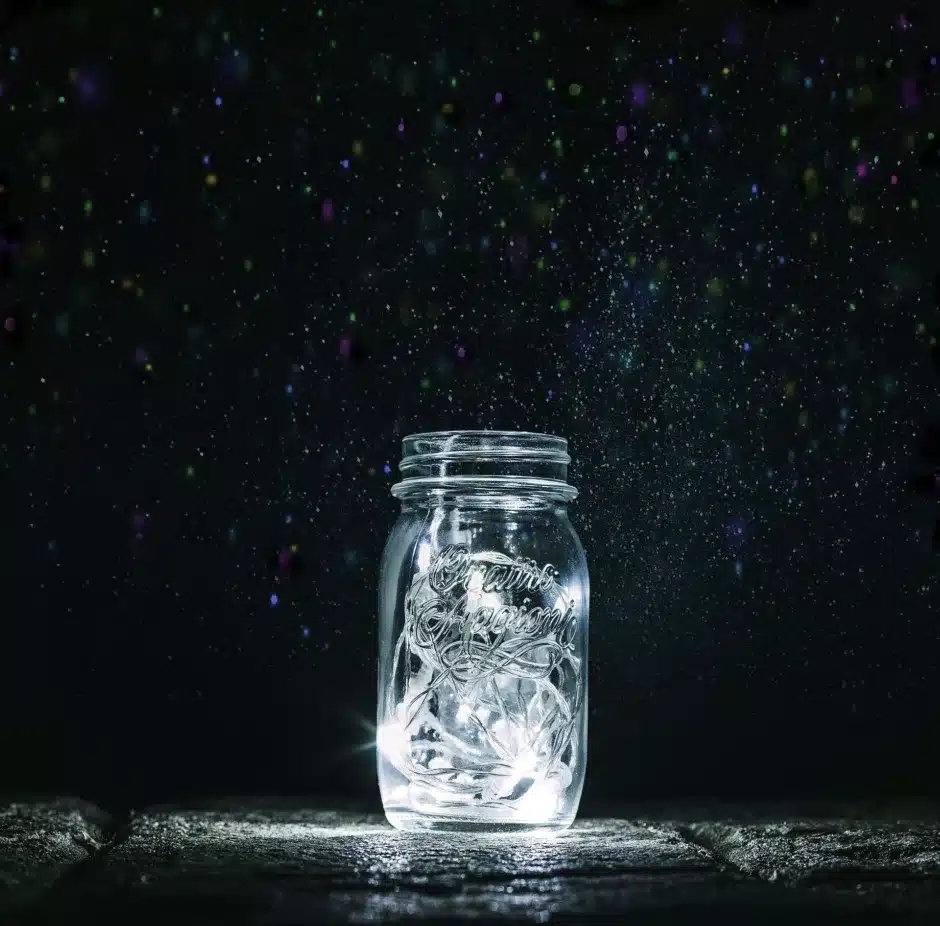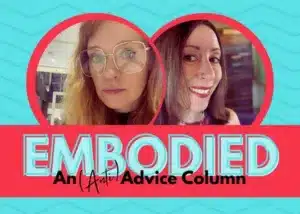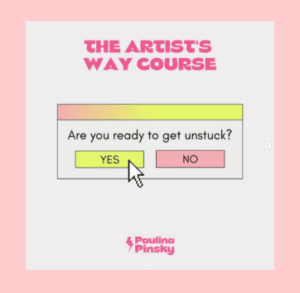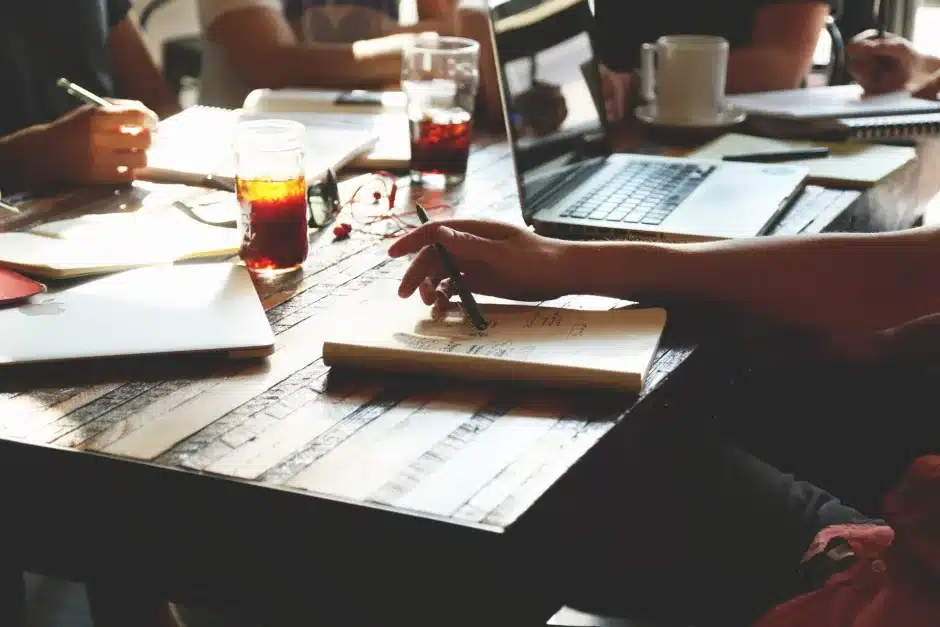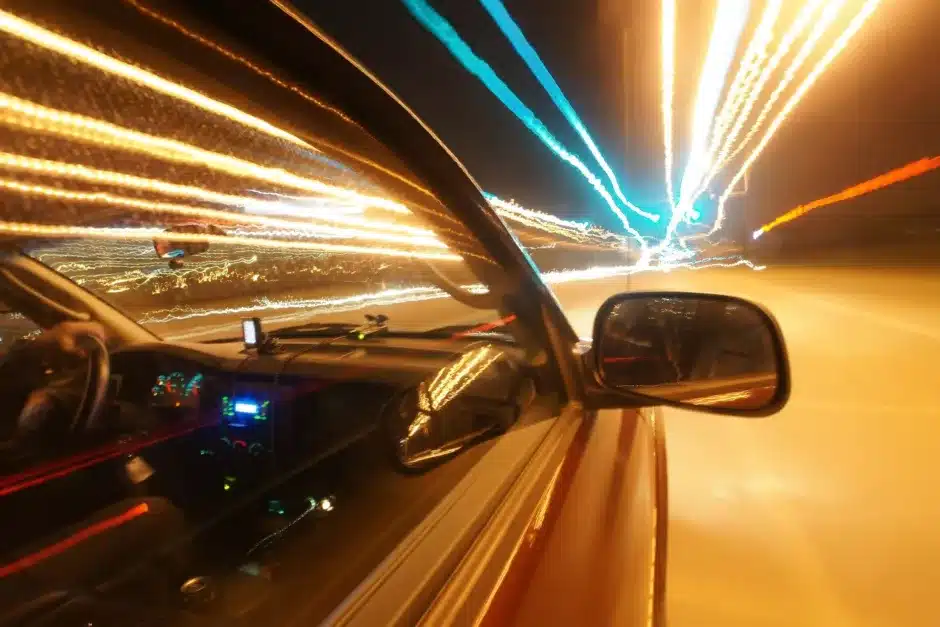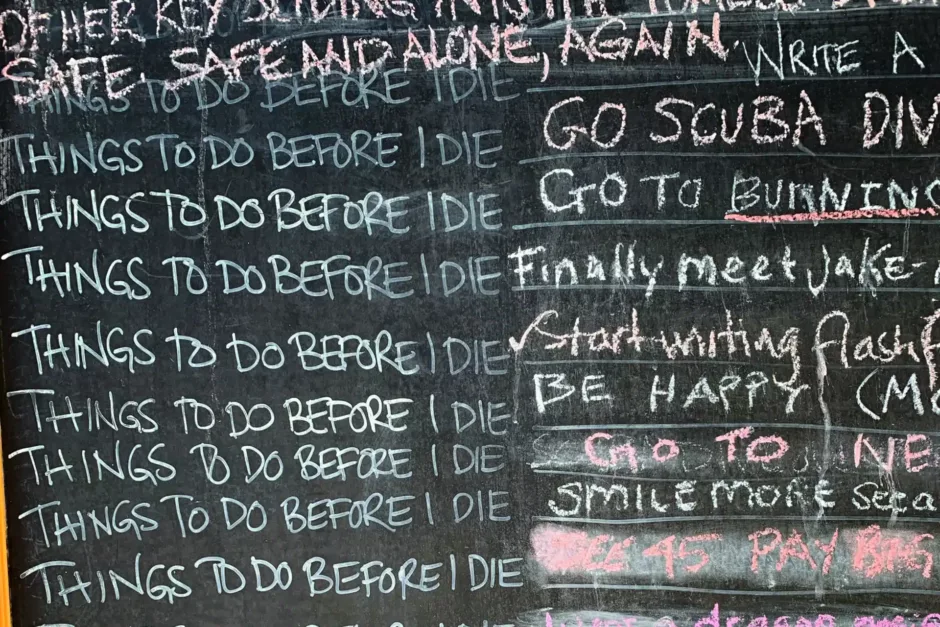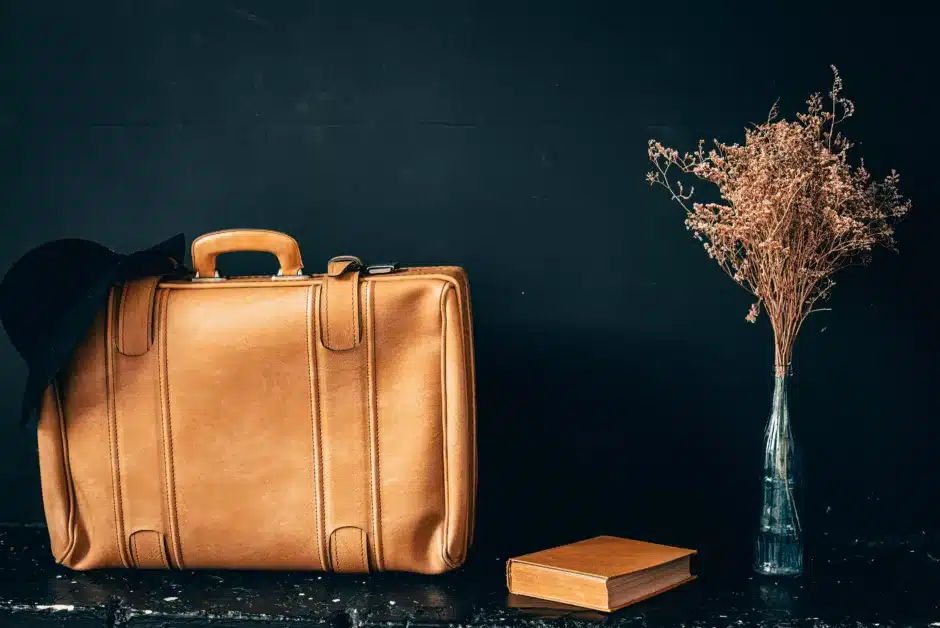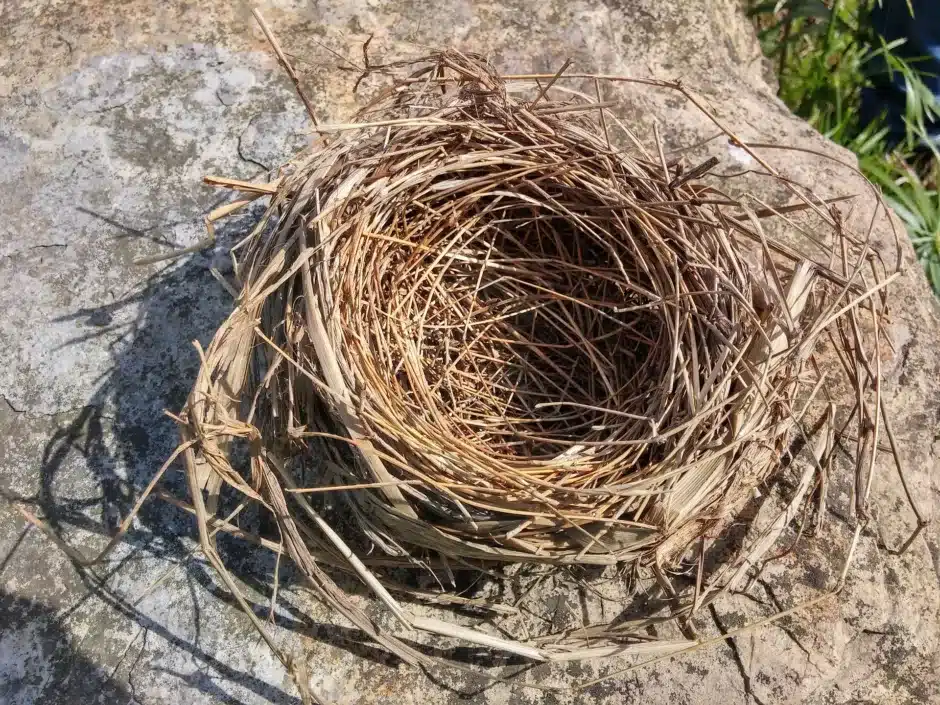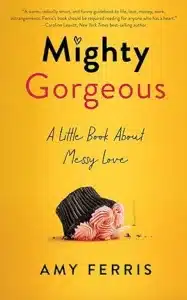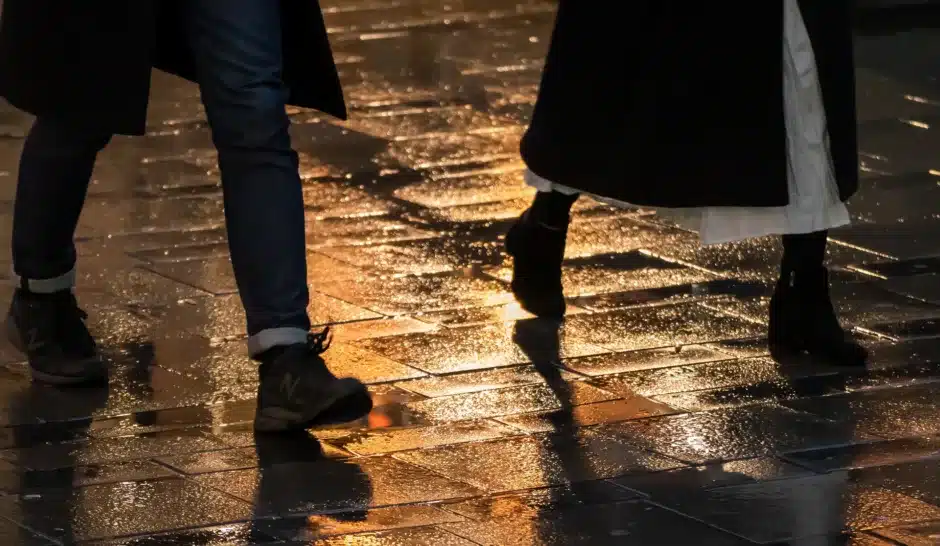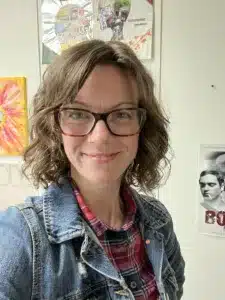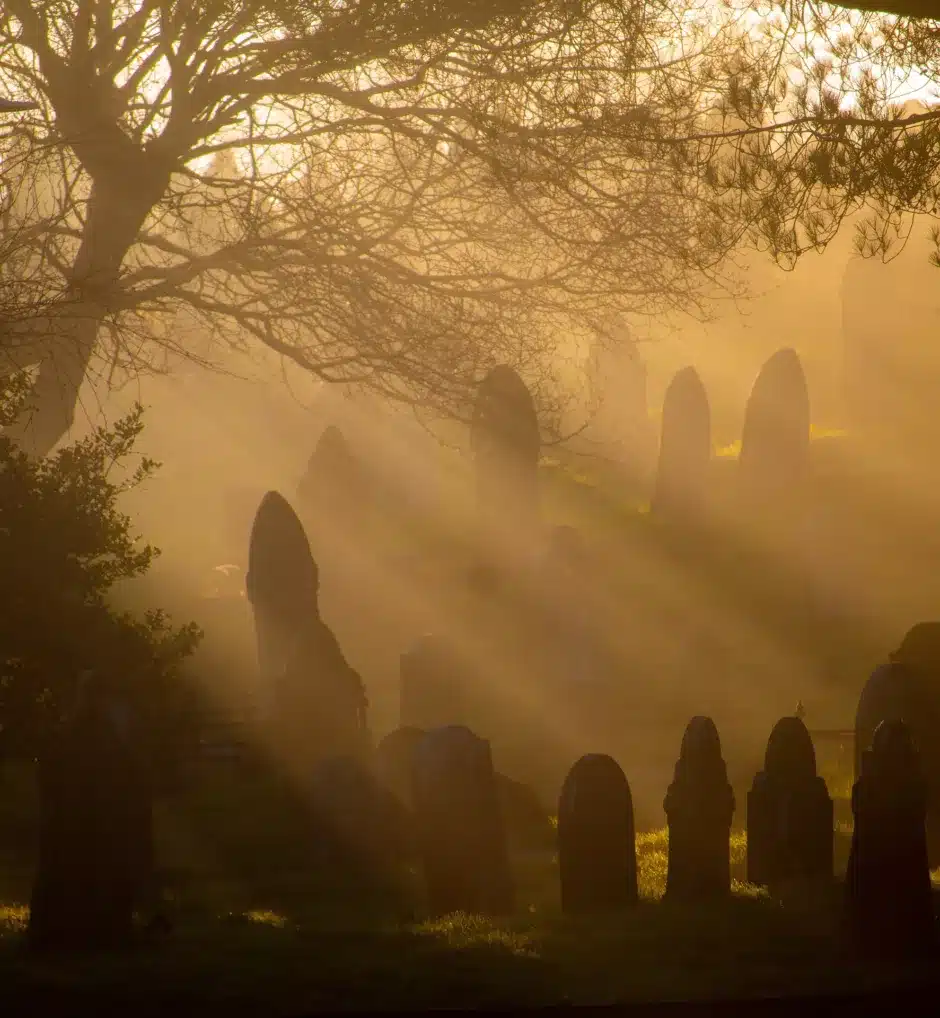Missy caught the firefly in mid-air, cupping her hands around it to form a tiny, dark cave. She could feel the insect’s delicate footsteps tickling her skin as it wandered across her palm, searching for a way out.
“Got you!” she whispered, victorious.
It was almost dark. The sunset was nothing but a burnt orange smear on the horizon. Usually, her backyard would be a brilliant starscape of twinkling golden lights at this hour. But tonight, there was just one lonely firefly hovering around the garden.
Missy lifted her hands to her face and opened them just enough to peek inside. A soft yellow glow spilled out, reflecting in her pupil like an ember.
“Hey, there,” she said. “How come you’re all by yourself? Are you lost?”
The light brightened, then dimmed.
Missy looked around her yard for something she could use to hold the firefly. A jar, maybe, or a glass that she could turn upside down on the table. Something she could keep her newfound friend in so that it wouldn’t fly away. She wanted to show it to her sister, Helena. She had to.
Helena was sick. She wore a silk scarf with an elaborate pattern of colorful swirls wound around her head and had a special plastic band on her wrist that told the doctors what medicine she could take. She had been in the hospital for a long time, but the doctors finally sent her home to rest. Once a day, a nurse came in to check on her. No more doctors, though. She didn’t need them anymore.
Missy wasn’t allowed in Helena’s room. It was too full of tubes and wires, and machines that hissed and beeped all night. Missy snuck in anyway. She would bring in flowers, or pretty speckled rocks, or whatever objects she could find that might brighten her sister’s day. She would leave them on the nightstand for her to find when she woke. If she woke. Sometimes, she slept all day.
Missy glanced over her shoulder at her house. The whole place was dark except for her sister’s room. Missy could see her mother inside, framed in the bright light of the window. Her face was in her hands. Her shoulders rose and fell in sorrowful waves.
Missy heard the back screen door squeak open. Her father’s face appeared in the dim circle of illumination cast by the porch light. His cheeks glistened.
“Missy? We need you to come in now, okay? We –” His voice hitched in his throat. “We need to talk.”
“Okay, Dad!” Missy called. “One second!”
The screen door squealed shut.
Missy opened her hand and looked at the firefly.
“You can go,” she said quietly. “I won’t keep you.”
The firefly walked to the tip of her finger and perched there for a moment as if considering whether to fly away. Its glow pulsed once in silent farewell.
Then it took flight, rising skyward until its light became one with the moon.
*This piece was originally published in 2020 on Furious Fiction.
***
Our friends at Circe have launched an anti-advice column, and it is fire!
Click above to get details on how to ask Gina and Emily for advice and let us know what you think!
***
Looking to jumpstart your writing? Need to reignite your creativity?
Paulina Pinsky has reopened enrollment for her year-long The Artist’s Way course.
Designed to transform your creativity from stuck and frustrated to unblocked and an endless source of inspiration, for any creative journey you can dream of.
Click below for more information and let Paulina know we sent you!
***

